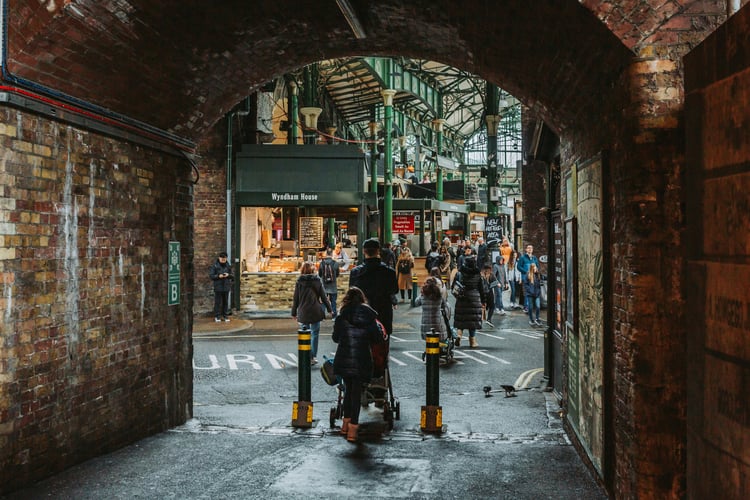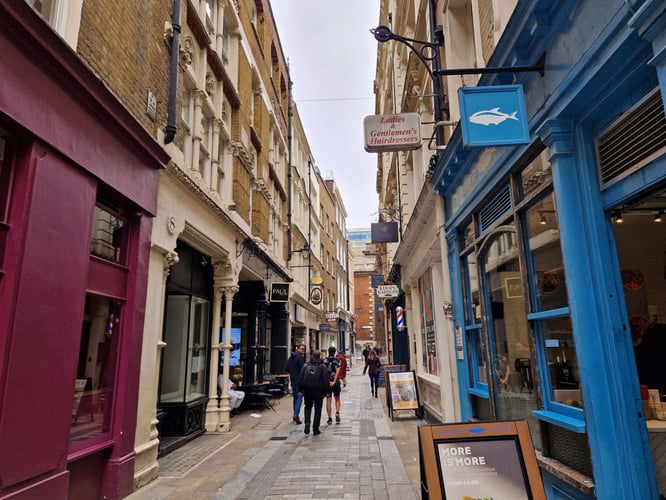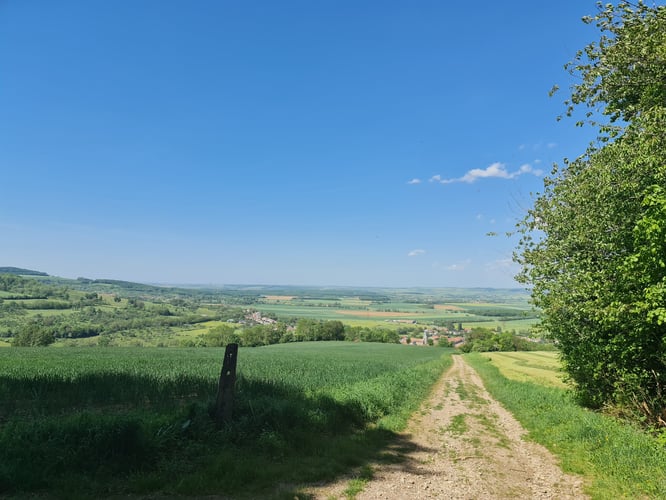Can Camping Holidays be Cultural & Cool?
Debunking the Stereotype: Camping Holidays as Cultural Adventures
When we think ‘cultural holidays’, images of museums, historical sites, and bustling city streets often come to mind. But what about camping? Does camping automatically mean that it's not a cultural holiday? Let's challenge this stereotype.
Camping doesn't mean missing out on cultural and historical sites. Many campsites strategically position themselves near major cities and attractions, making it convenient for campers to explore them during the day and return to their cozy campsite at night. Imagine waking up to the view of an ancient castle or setting up camp next to a UNESCO World Heritage site.
France is a haven for campers. Out of all the regular campsites,  France emerges as a clear winner year after year. With 10,000 campsites to choose from, it offers superior facilities and a higher standard of cleanliness compared to other destinations. France's popularity is also boosted by its proximity to countries that enjoy camping themselves, such as the Netherlands. Campsites are often situated near an historic town, such as Chambord/Blois and even on the outskirts of Paris. Normandy Way boasts some beautiful campsites along the impressive DDay beaches, where the focus is on crepes and sandcastles as well as the debarkation point for allied forces 80 years ago.
France emerges as a clear winner year after year. With 10,000 campsites to choose from, it offers superior facilities and a higher standard of cleanliness compared to other destinations. France's popularity is also boosted by its proximity to countries that enjoy camping themselves, such as the Netherlands. Campsites are often situated near an historic town, such as Chambord/Blois and even on the outskirts of Paris. Normandy Way boasts some beautiful campsites along the impressive DDay beaches, where the focus is on crepes and sandcastles as well as the debarkation point for allied forces 80 years ago.
The Continuous Growing Popularity of Camping:
In the UK alone, nearly 17 million domestic camping trips were taken last year. In Germany, camping holidays were preferred by almost 12.7 million. France saw a staggering 22 million campsite visitors, with 14 million of them being French. Even the Dutch, despite being a small nation, boast 2432 campsites and receive 3.5 million holidaymakers each year, 2.5m of whom are from the Netherlands! It's clear that camping has captured the hearts of many happy campers!
“The whole experience in of camping in France, is far superior to here (UK). The facilities are generally better and on the whole the level of cleanliness is of a much higher standard”.
So why choose a tent over a hotel?
 People choose camping for various reasons. To get closer to nature, reconnect with family, and take a digital detox. Moreover, camping is often more affordable and, most importantly, fun! While traditional camping is often associated with tents and campsites equipped with facilities, the reality can be quite different when you see the attraction of Eurocamp. Modern campsites strike a balance between the trending versions of culture, wild camping and "glamping." In the UK, campsites have evolved to offer different levels of comfort, providing options that cater to different preferences. In Europe, you can find entire water parks, lakes with water activities and beaches attached to campsites. Because, frankly, happy kids happy life!
People choose camping for various reasons. To get closer to nature, reconnect with family, and take a digital detox. Moreover, camping is often more affordable and, most importantly, fun! While traditional camping is often associated with tents and campsites equipped with facilities, the reality can be quite different when you see the attraction of Eurocamp. Modern campsites strike a balance between the trending versions of culture, wild camping and "glamping." In the UK, campsites have evolved to offer different levels of comfort, providing options that cater to different preferences. In Europe, you can find entire water parks, lakes with water activities and beaches attached to campsites. Because, frankly, happy kids happy life!
Wild Camping vs Glamping:
While Wild camping is legal only in certain countries such as Scotland, Sweden, Norway, Ireland, Estonia, Latvia, and Romania, it's important to be aware of the restrictions even in these places. Camping freely in Germany, Austria, and Switzerland is illegal, so thorough research is necessary before embarking on an adventure inspired by Instagram. On the other hand, glamping caters  to luxury lovers who seek a lavish camping experience. Fancy shepherd's huts, well-equipped yurts, and even en-suite accommodations with hot tubs can be found at glampsites. In the UK, there is a growing demand for glamping compared to wild camping, possibly due to its accessibility. In 2022, more of us were enticed by the idea of indulging in a little luxury rather than going completely wild. (Eweleaze)
to luxury lovers who seek a lavish camping experience. Fancy shepherd's huts, well-equipped yurts, and even en-suite accommodations with hot tubs can be found at glampsites. In the UK, there is a growing demand for glamping compared to wild camping, possibly due to its accessibility. In 2022, more of us were enticed by the idea of indulging in a little luxury rather than going completely wild. (Eweleaze)
The informal setting of a campsite often leads to connections and conversations that may not happen in more formal or touristy settings, and this also counts. It allows for genuine interactions between people of different countries, culture and interests and sharing of stories.
Five Tips for a Culturally Enriching Camping Experience:
- Research local cultural highlights and attractions near your chosen campsite;
- Engage in conversations with fellow campers and site owners to gather ideas and learn from their experiences;
- Find out if there are organised cultural activities or events offered by the campsites;
- Discover the culinary culture of the region through local markets;
- Embrace the slower pace of life by renting a bicycle and exploring nearby villages or towns on two wheels. You can even have bikes delivered to you in France with Ouibike;
- EXTRA TIP: If your on Waytrails, get the app and discover what there is to see near your site!
So, does camping mean it's not a cultural holiday? Absolutely not! Camping can be an enriching cultural adventure for all ages. It allows you just as much to explore natural landscapes, engage with local communities, discover historical sites, and savour the flavours of different cuisines.
Happy Camping…and Culture!



